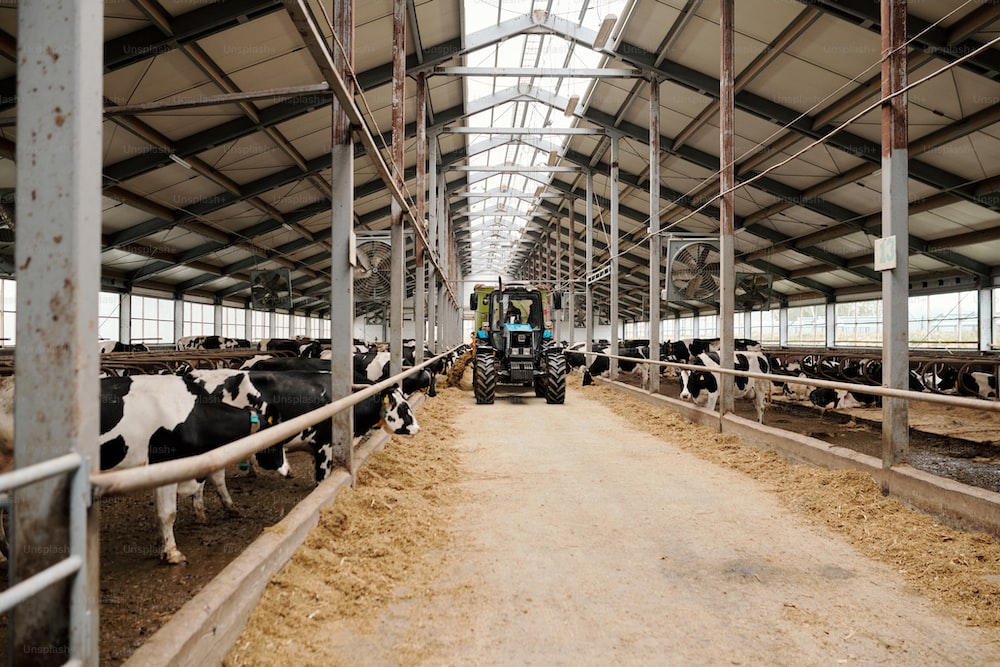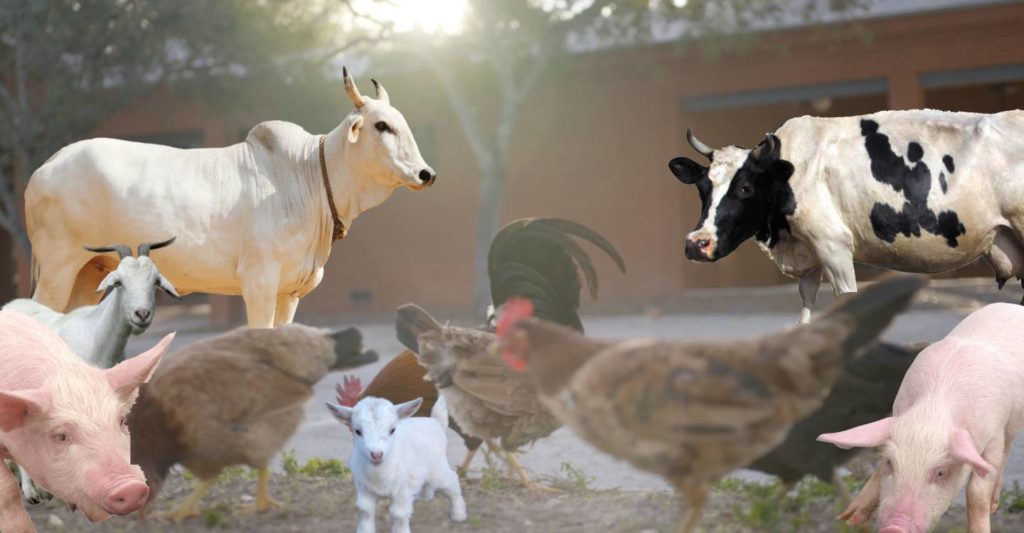At the center of Southeast Asia, Malaysia boasts a vast array of agricultural activities including vast palm oil plantations to a variety of fruit orchards. Agriculture is a key factor in Malaysia’s economic development and is a major contributor to import and domestic consumption. To protect this crucial sector from the ever-present threat of pests, diseases and new pathogens Malaysia puts a lot of emphasis on the biosecurity of farms. This article examines the significance of biosecurity on farms in Malaysia as well as its major components, and also the collaboration efforts to ensure Malaysia’s resilient agriculture.
Biosecurity in the farm is an extensive method that covers a variety of methods, policies and procedures designed to safeguard agriculture from the spread and introduction of pests and diseases. In Malaysia in which agriculture is seen as the foundation of our economy, safeguarding the well-being and health of animals and crops is essential. Biosecurity in the farm aims to reduce the risk of introduction, establishment and propagation of harmful agents which include viruses bugs, fungi, bacteria and others pathogens. With the introduction of stringent biosecurity precautions, Malaysia aims to secure the food supply of its people, secure export markets and encourage environmentally sustainable practices in agriculture.
The primary Malaysian agriculture-based commodities is palm oil. It makes up a large part of Malaysia’s exports. To ensure the safety of this important sector, stringent biosecurity precautions are implemented. As an example the palm oil plantations use restricted access points which require personnel and vehicles to go through rigorous cleaning procedures. Furthermore, monitoring and surveillance methods are implemented to spot any indications of infection or insect pests immediately. They not only protect this industry, but are also a good model for all other agriculture sectors.

Biosecurity of the farm in Malaysia isn’t the sole duty of individual companies or farms. It is instead an integrated effort, involving many parties, such as the government, industry groups researchers, research institutes, as well as the farmers themselves. Authorities like government agencies like the Ministry of Agriculture and Agro-Based Industry collaborate with the private sector in order to establish and enforce regulations on biosecurity. In addition, they offer educational and training programs that make sure that farmers are provided with the information and resources necessary to take efficient biosecurity strategies on their farms. For more information please visit here Sunzencorp
The farming of livestock is a crucial aspect of Malaysia’s agricultural industry. In order to protect the sector Biosecurity strategies are adjusted to meet the needs of various livestock species. For instance, in the chicken farming, hygienic methods are necessary to stop the spread of avian flu and various other illnesses. Health checks regularly along with vaccinations and a restricted entry into farms reduce risks. In the aquaculture business, biosecurity precautions comprise water quality management as well as surveillance of disease, as well as procedures for quarantining to stop the spread of harmful pathogens in shrimp and fish farms.
Even though Malaysia has seen significant progress regarding biosecurity in the field of agriculture, obstacles remain. Globalization and climate change pose new challenges to the agriculture industry which is why it is essential to be vigilant and adaptable. Changes in climate can affect the spread of pests and disease, which requires continuous investigation and monitoring. Additionally, the growing transport of goods and people over borders increases the chance of the introduction of new pathogens. To tackle these issues, Malaysia is actively engaged with international cooperation and data sharing in order to keep in the forefront of new dangers.
